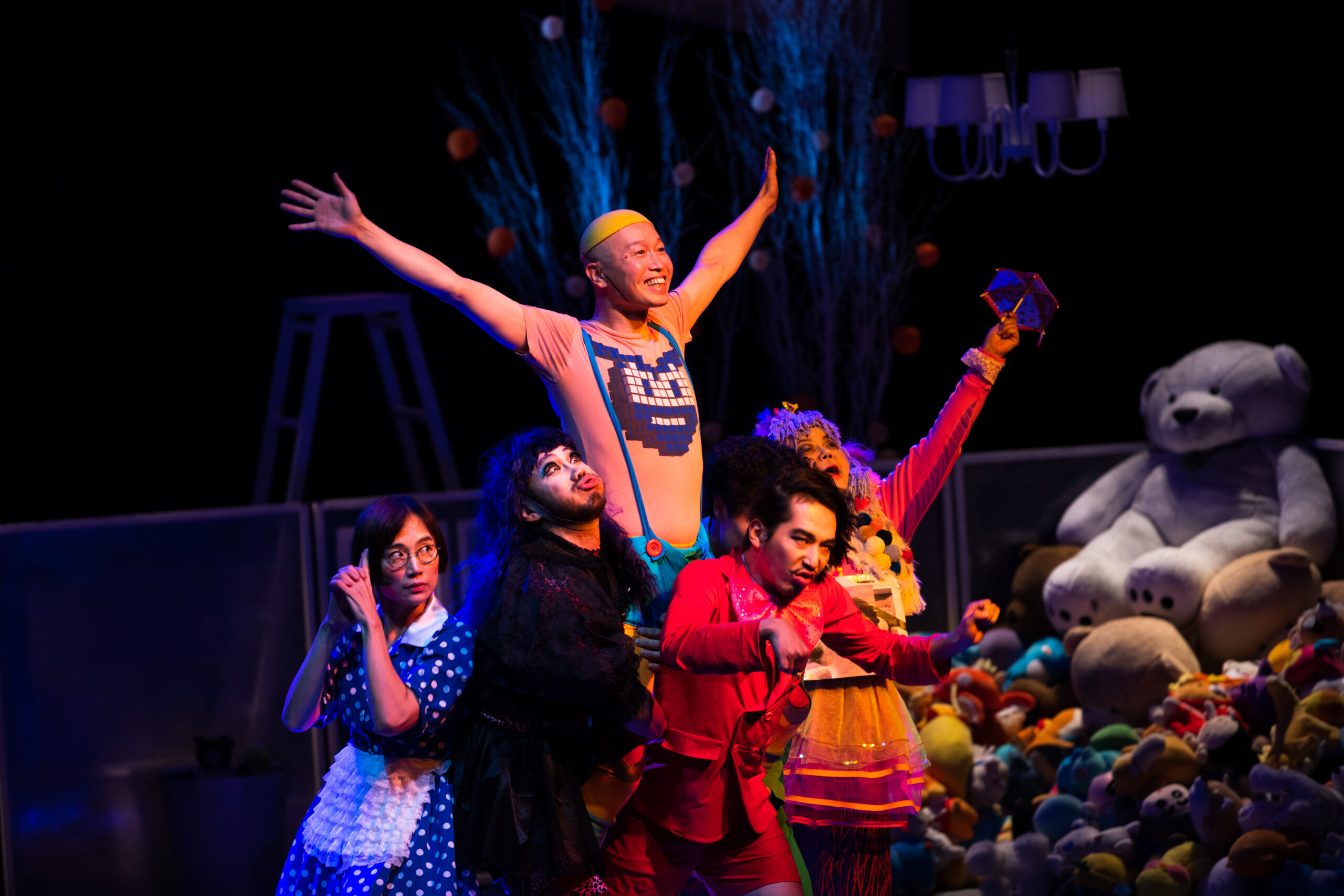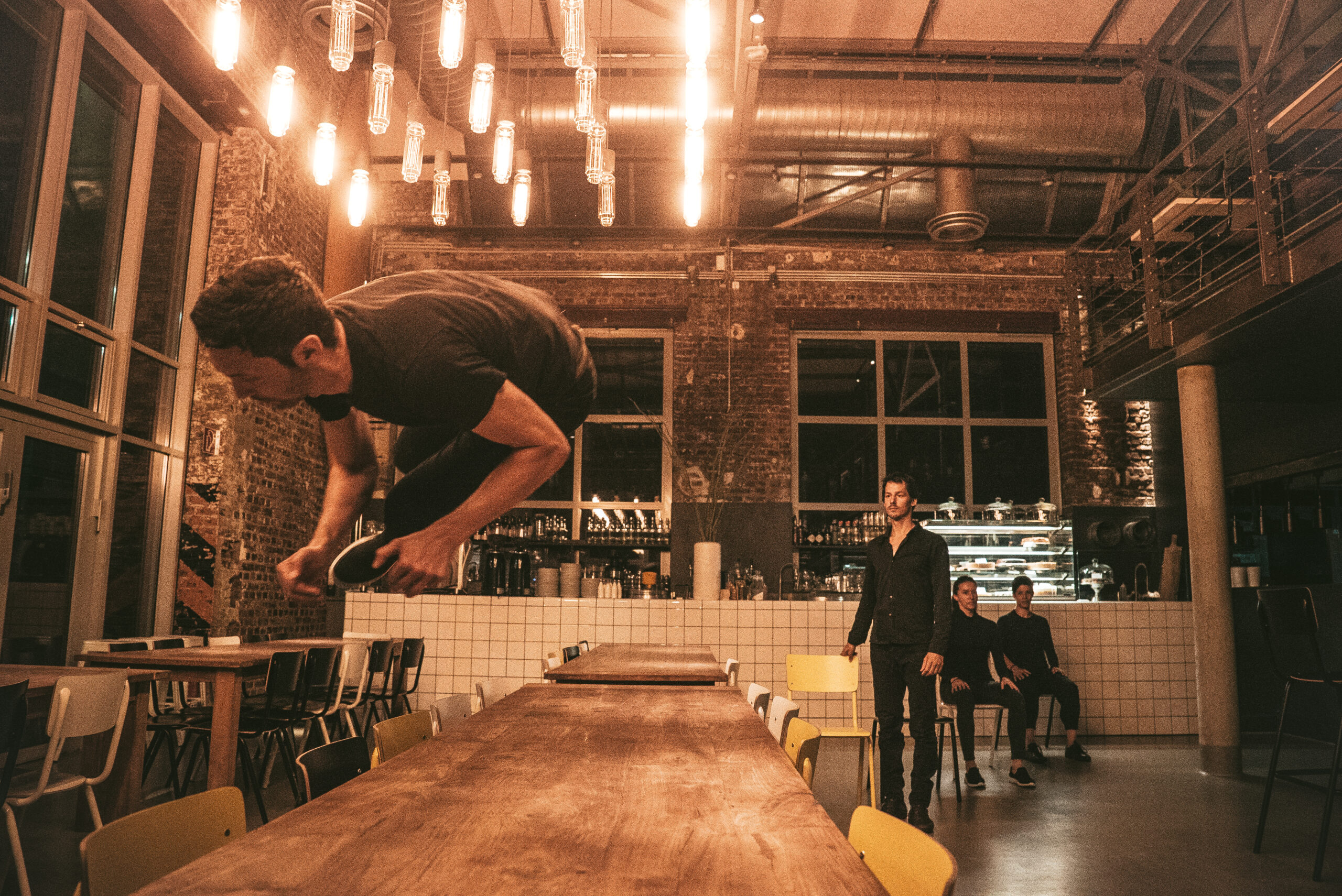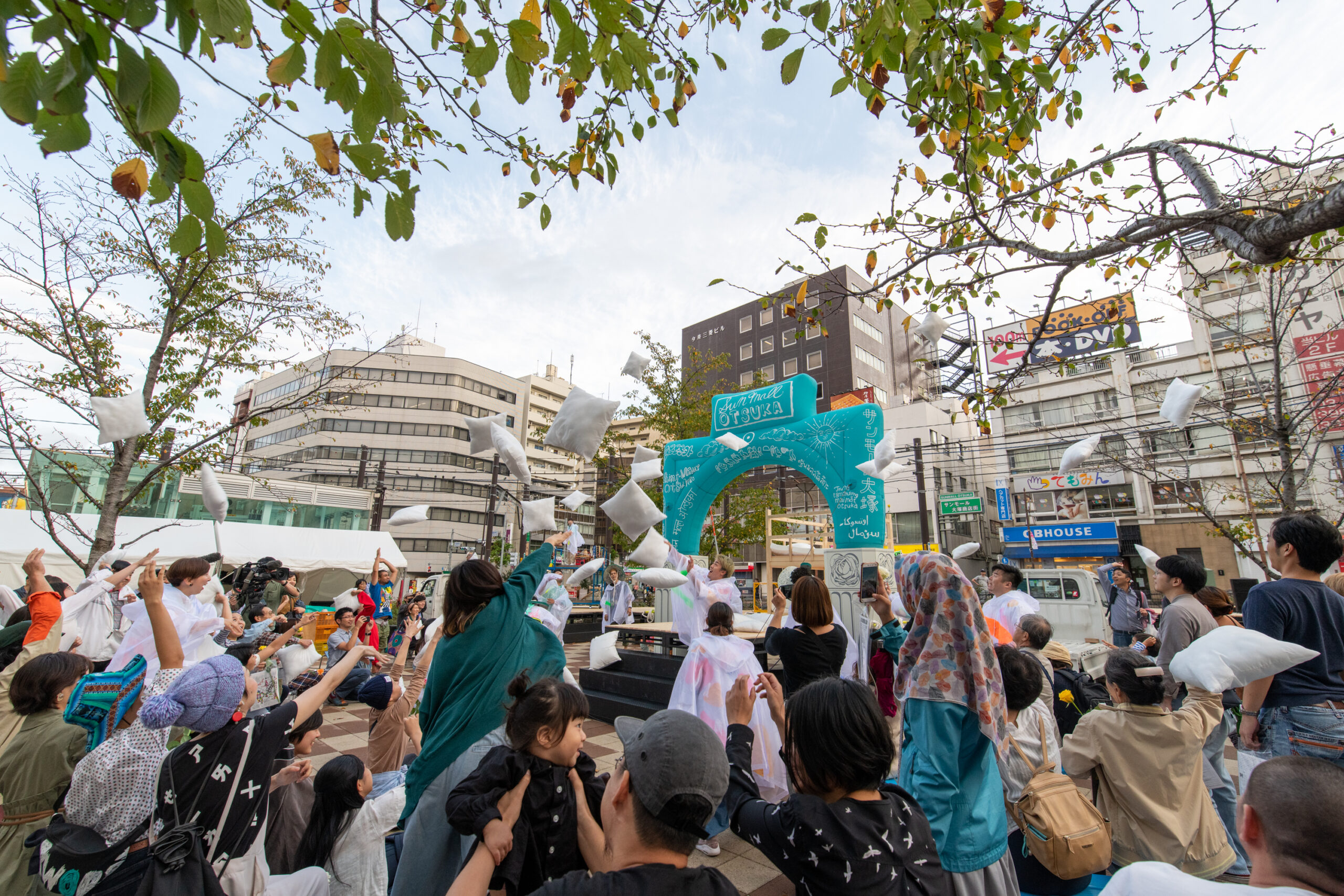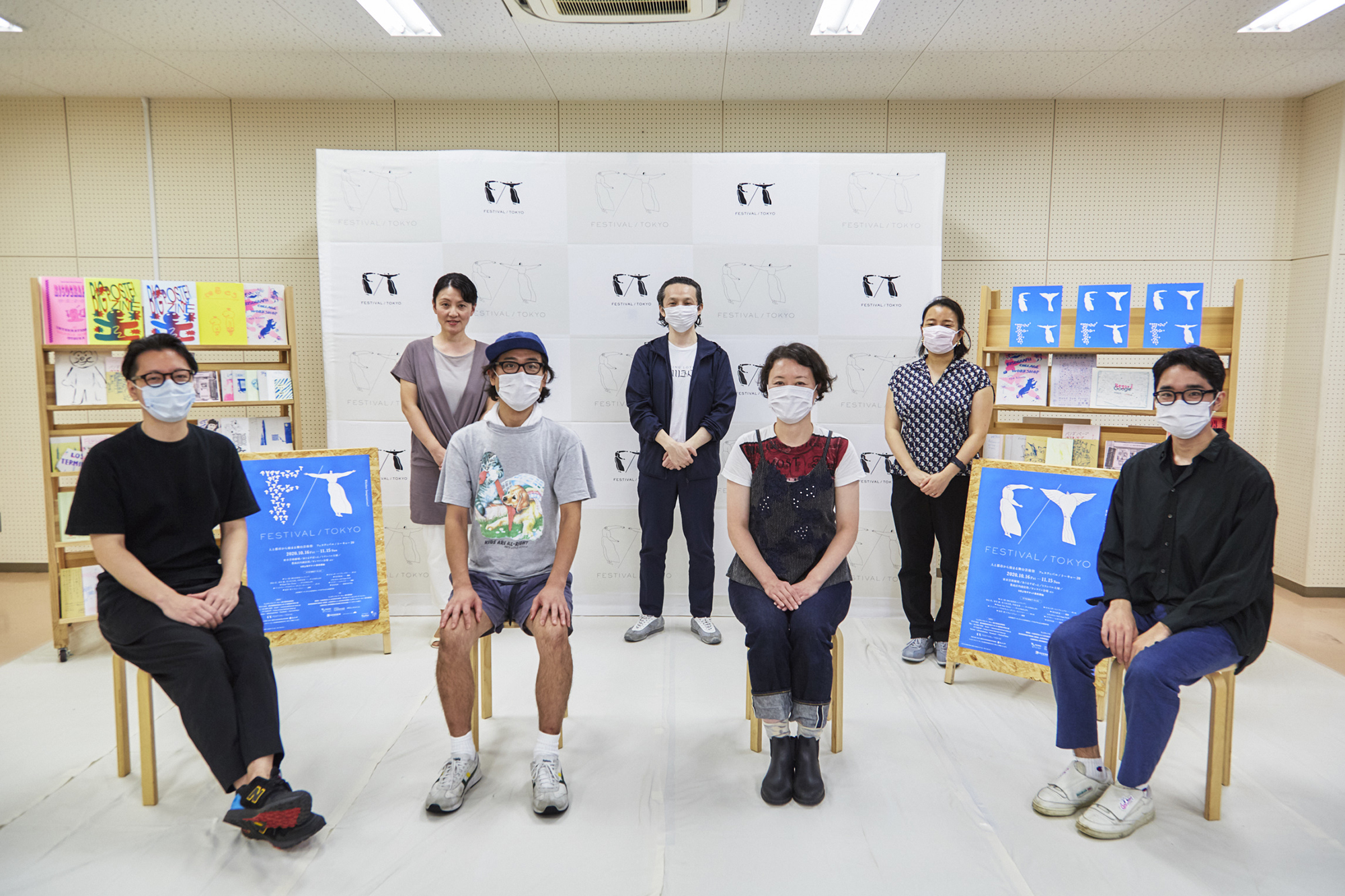

Speaking at a recent press conference to announce details of the lineup for Festival/Tokyo 2020, dramaturge Kaku Nagashima, its co-artistic director, said: “The influence of Covid-19 may continue for a few more years, and there could also be another new pandemic.
“Nonetheless, I didn’t want to take the simple course of canceling F/T 20. Instead, I wanted to find an alternative way to run it without problems.”
As a result, instead of its usual lineup of around 20 programs, there are just eight in Japan’s leading annual contemporary theater festival running this year through Nov. 15 at venues in and around Ikebukuro.
Also, in this 13th iteration of an event known for its focus on young artists, edgy productions, and stagings of international works, the emphasis has shifted from live to online performances due to travel restrictions and safety concerns.
However Nagashima said, “If we were flexible about making necessary changes, this could be a great chance to explore new possibilities.”
That has translated, for instance, to a collaboration between the Japanese playwright Shu Matsui and Korean director Kim Jeong being presented not on a live stage in Tokyo, but as screenings of a performance recorded in Seoul.
As a result, though, audiences can still enjoy “Divine Daughter Anemone,” their adaptation of August Strindberg’s surreal “A Dream Play.” But in Matsui and Kim’s version of the Swedish writer’s 1902 work, instead of the daughter of a god observing humans’ everyday lives, it’s contemporary outliers such as cosplayers doing the critical overviewing.
In addition, two other foreign programs are also online-only this year.
One is “Berak” (“Defecation”), a new film from Theater Ekmatra in Singapore which examines suicide, illness and death in the life of a Muslim family there. Yet despite its somber themes, the company’s trademark humor still comes through.
In addition there’s “The City & the City: Divided Senses,” the latest instalment in F/T’s collaboration program with the Bangkok International Performing Arts Meeting. In this work, three artists in each country examine their own city lives and discuss their findings over three daylong online meetings together. Audiences of 15 people can sit in on the meetings for 30 minutes each — or watch them online some other days.
Back in the realm of live performance, F/T 20 is showcasing two stage productions, both at Tokyo Metropolitan Theatre in Ikebukuro.
In “Moonlight,” the Kyoto-based dramatist and film director Takuya Murakawa reprises his well-received, semi-doc 2018 drama about a local piano recital by a 75-year-old man. While exploring the same man’s background and why he took up music late in life, this production also features four newly hired amateur Tokyo pianists.
Then, in “We assemble together,” Saitama’s Momonga Complex company led by Momoko Shiraga adds a dash of unusual live dance to the festival mix.
As Shiraga explains, this is a “watching-style, musical-like performance” in which small groups from the audience will be allowed to enter the room at TMET and walk around and observe as dancers in separate booths perform. Like visiting a museum, socially distanced visitors can then spend time looking at each “exhibit” as they wish.
Meanwhile, for its return after opening F/T 19 with a joyful parade of decorated floats, the Sceno-ha (Scenographers’ Collective) troupe is staying mindful of the pandemic. So, instead of going outdoors, throughout F/T 20 four set-designer members are showing separate online photo and video displays from the Ikebukuro and Otsuka areas on themes including shotengai shopping arcades, views on and from rooftops, and tourists having fun.
In contrast, the Hand Saw Press company is running the same hugely popular “Pop-up Riso Zine Studio” event it did at F/T 19. This allows people to use Risograph digital duplicators in its studios to make two free single-sheet A4 copies each per day of their own original zines or pamphlets — with the option to return on other days to add to their page count. Last year more than 2,700 people took part and made 365 zines, with many put on display for collectors or to exchange. As a result, this year a touring studio in a truck has been added to Hand Saw Press’ two regular ones in Otsuka.
Finally, making use of yet another platform this year, “Rendez-vous Otsuka South & North” comprises a pair of VR (Virtual Reality) dance performances by the renowned French dancer and choreographer (and regular Japan visitor) Fabien Prioville. Both 5-minute works featuring four Japanese dancers are free for audiences to see and experience at two open-air locations in Otsuka.
In a message for the festival, Prioville, whose wife is Japanese and came over with him from Europe to help create this virtual reality production, said he is interested in integrating digital technologies such as VR, smartphones and video games with dance and physical movement in order to explore new performing arts experiences.
And he added: “It’s important to light that flame at F/T to expand the scope of new things we can share together and experience.”
So, as the artistic director Nagashima hoped, even despite Covid-19, F/T 20 is proving to be “a great chance to explore new possibilities” — just as the festival has been doing since 2007.


